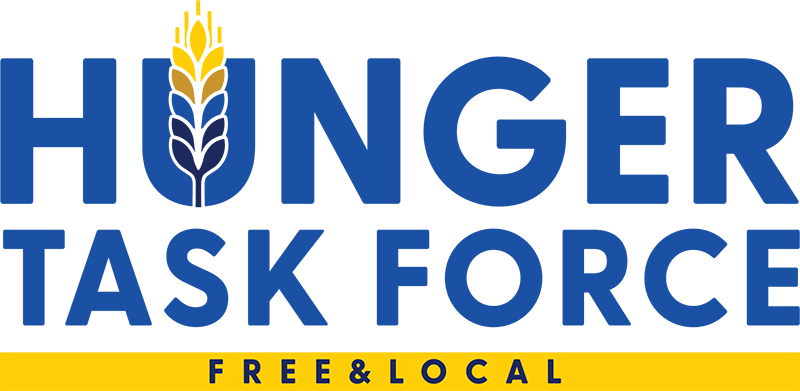Our Community Nutrition Manager Recaps Her Experience attending the Minnesota SNAP-Ed Conference
Written by Carmen Baldwin, NDTR, Hunger Task Force Community Nutrition Manager.
————————
Earlier this month, Carmen Baldwin, NDTR, Community Nutrition Manager at Hunger Task Force, attended the Minnesota SNAP-Ed Conference that brought together educators, program leaders and community advocates from across the Midwest region. During the conference, attendees explored updates to the SNAP-Ed framework and shared successes from the field.
SNAP-Ed, or the Supplemental Nutrition Assistance Program-Education, is a federally funded nutrition education and obesity prevention program. It aims to help people eligible for SNAP (formerly known as food stamps and known as FoodShare in Wisconsin) make healthier food choices and live more active lives on a limited budget. The program provides tools, resources and community-based strategies that support lasting changes in health and well-being.
One theme that stood out most to Carmen was Mitakuyepi, which is a word derived from the Lower Sioux Dakota Nation meaning “we are all relatives.” Carmen first heard the term during the Tribal Engagement panel discussion that featured six SNAP-Ed managers and educators who have worked directly with Tribal Nations. Panelist Michelle Freitas, SNAP-Ed Manager for the Lower Sioux Indian Community in Minnesota, shared how she learned Mitakuyepi from the Dakota people and embraced it as a guiding principle in her work. More than just a greeting or phrase, Mitakuyepi reflects a worldview — a powerful reminder that we are deeply connected to one another, our communities, and the Earth. Hearing this concept in the context of nutrition education was both grounding and inspiring.
At its core, the SNAP-Ed nutrition education program is designed to improve the well-being of individuals and communities by increasing access to healthy foods, building nutrition knowledge and supporting active lifestyles. When we talk about policy, systems and environmental change strategies (PSEs), it can be easy to lose sight of the people behind the data. Mitakuyepi helps bring that human connection back into focus.
This philosophy aligns beautifully with the SNAP-Ed Framework – especially the emphasis on equity and culturally relevant approaches. When we see all individuals as relatives, our programs become more inclusive, our outreach is more empathetic and our impact can last longer. It encourages us to listen deeply, honor local knowledge and co-create solutions with, not for, the communities we serve.
Whether we’re supporting a farmers’ market in an urban neighborhood, teaching kids how to prepare healthy snacks or helping seniors stretch their food dollars, we are part of a larger web of connection. With every small action, we are contributing to something greater – a culture of health, dignity and shared well-being.
As we at Hunger Task Force move forward in our nutrition education programming, we will carry Mitakuyepi with us as a guide, goal and grounding truth. When we act from a place of kinship and care, our work nourishes not just bodies but also hearts and communities.
Hunger Task Force is Milwaukee’s Free & Local food bank and Wisconsin’s anti-hunger leader. The organization’s core values are Dignity, Justice, Equity, Compassion and Stewardship. Hunger Task Force feeds people today by providing healthy and culturally appropriate food to hungry children, families and seniors in the community absolutely free of charge. Hunger Task Force also works to end future hunger by advocating for strong public policies and nutrition programs at the local, state and federal level.
